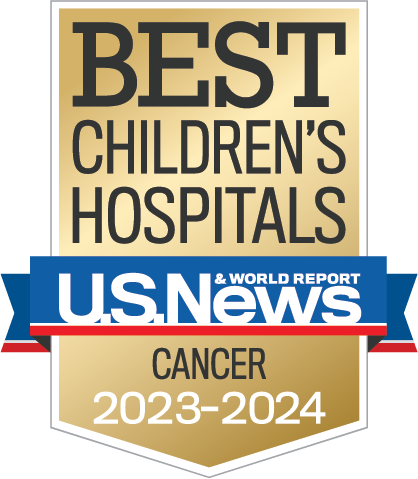- Doctors & Departments
-
Conditions & Advice
- Overview
- Conditions and Symptoms
- Symptom Checker
- Parent Resources
- The Connection Journey
- Calm A Crying Baby
- Sports Articles
- Dosage Tables
- Baby Guide
-
Your Visit
- Overview
- Prepare for Your Visit
- Your Overnight Stay
- Send a Cheer Card
- Family and Patient Resources
- Patient Cost Estimate
- Insurance and Financial Resources
- Online Bill Pay
- Medical Records
- Policies and Procedures
- We Ask Because We Care
Click to find the locations nearest youFind locations by region
See all locations -
Community
- Overview
- Addressing the Youth Mental Health Crisis
- Calendar of Events
- Child Health Advocacy
- Community Health
- Community Partners
- Corporate Relations
- Global Health
- Patient Advocacy
- Patient Stories
- Pediatric Affiliations
- Support Children’s Colorado
- Specialty Outreach Clinics
Your Support Matters
Upcoming Events
Child Life 101
Wednesday, June 12, 2024Join us to learn about the work of a child life specialist, including...
-
Research & Innovation
- Overview
- Pediatric Clinical Trials
- Q: Pediatric Health Advances
- Discoveries and Milestones
- Training and Internships
- Academic Affiliation
- Investigator Resources
- Funding Opportunities
- Center For Innovation
- Support Our Research
- Research Areas

It starts with a Q:
For the latest cutting-edge research, innovative collaborations and remarkable discoveries in child health, read stories from across all our areas of study in Q: Advances and Answers in Pediatric Health.
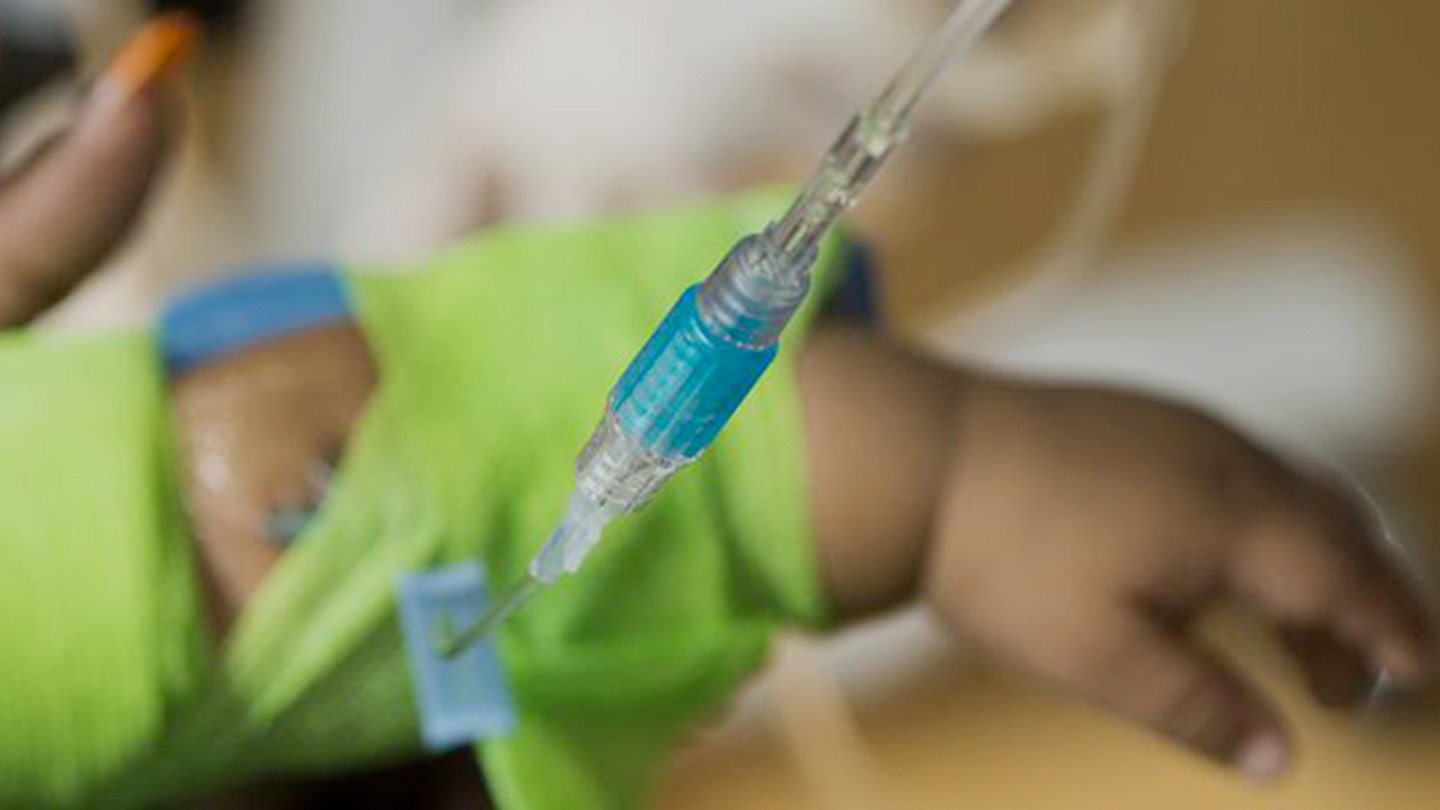
In the 1960s, only 5% of children survived leukemia. Today that number is closer to 90%. As the cancer survival rate continues to climb, survivors increasingly need follow-up care and support for the long-term effects of cancer and cancer treatment.

Created in 1987, the Children’s Hospital Colorado HOPE Cancer Survivorship Program was one of the nation’s first programs focused on cancer survivorship. More than 30 years later, the program continues to provide excellent multidisciplinary care not only to cancer survivors, but also to patients who have undergone bone marrow transplantation and cellular therapy. The HOPE Program, which stands for Helping Oncology Patients Excel, helps childhood cancer and bone marrow transplantation survivors of all ages live fuller, healthier lives.
About the HOPE Survivorship Program
Cancer, cancer treatment, cellular therapy and bone marrow transplantation can lead to side effects that appear after some time. These side effects can include heart and lung complications, hormone disorders, secondary cancer, infertility, learning challenges and school difficulties, treatment-related fears and worries, and difficulty getting back on track after treatment. As experts in pediatric cancer and bone marrow transplantation survivorship with decades of experience, our multidisciplinary team offers guidance and support for kids and young adults coping with these challenges.
Why choose us for long-term cancer follow-up care
As one of the longest-running survivorship programs in the nation, and the only one in Colorado and our neighboring states, we’ve served more than 2,000 patients from Kansas, Montana, New Mexico, Utah, Wyoming and Colorado. Our extensive experience helps us provide comprehensive support for our patients as they adjust to life after cancer or bone marrow transplantation.
The HOPE Program is important from both a medical and emotional well-being standpoint. This is because cancer, its treatment, and bone marrow transplantation can lead to other health difficulties down the road, including changes to physical and mental health. Survivors can experience complicated, sometimes confusing feelings in the months and years following treatment. Long-term follow-up means we can watch for signs that indicate a patient may be struggling and help connect them to the resources and support they need to properly heal.
2,000+
Patients treated in our 30-year history
ONLY
Cancer survivorship program in Colorado and surrounding states
Who we treat at the HOPE Survivorship Program
Our team works with survivors of bone marrow transplantation, cellular therapy and all types of childhood cancer. Patients must be at least five years past their cancer diagnosis and at least two years past the conclusion of treatment or transplantation.
Preparing for your visit to the HOPE Survivorship Program
An initial visit lasts about three hours. During that time, survivors meet the members of their care team, including:
- Pediatric oncologist, bone marrow transplantation physician or advanced practice provider: Your child’s oncology or bone marrow transplantation provider will review your child’s records prior to the appointment. They will discuss with you and your family any physical or mental health concerns you have about your child, perform a comprehensive exam of your child and order any necessary tests. They will also discuss any important past medical issues from the cancer or bone marrow transplantation treatment and will develop a plan to help address any ongoing concerns. They will also communicate with your primary care provider and any additional specialists.
- Psychologist: Adjusting to life after cancer or bone marrow transplantation can be challenging. A psychologist will meet with you to address any concerns you have about your child’s return to school, home or job, as well as any worries you have about finances or other issues, that may make a return to “normal life” after cancer or bone marrow transplantation more difficult. They will help you develop a plan of action and connect you with any necessary resources. Your child will receive a neuropsychology screening during this visit. If we have any concerns based on this evaluation, we will refer you for a complete neuropsychological evaluation.
- Dietitian: Cancer and bone marrow transplantation survivors often struggle with returning to a well-rounded nutrition and activity plan after therapy. A dietitian will review your child’s dietary and activity habits, blood pressure and relevant nutrition labs. They will work with you to develop individualized healthy lifestyle recommendations for your child and family.
- Nurse coordinator and educator: A survivorship nurse coordinator and educator will review your child’s records prior to the appointment and create an individualized treatment summary for you, detailing any continued follow-up visits or tests that your child will need. They will review this with you during your child’s appointment and answer your questions. They will also provide you with a wallet-sized card summarizing your discussion.
- Genetic counselor: They will review your child’s records. If there is a risk of an underlying genetic reason for your child’s cancer history, your provider will discuss this at your visit and offer a separate genetic counseling appointment.
Further survivorship care in the HOPE Follow-Up Clinic
After the initial visit, your child will return annually to our clinic for evaluation, risk assessment and health education. These follow-up appointments are much shorter, and your child may see one or a combination of the following specialists: a pediatric oncologist, a bone marrow translation physician and an advanced practice provider or nurse educator. The appointments include a physical exam and any necessary tests and screenings that help us monitor your child for late side effects. We will also provide ongoing health education and will make referrals to other specialists as necessary.
Check out our other resources for families and cancer survivors.
HOPE Transition to Adult Care Program
Once your child is 16 years old, the HOPE team will begin assessing if they’re ready for adult care. Once your child is a young adult (18 to 21 years of age), the HOPE team will recommend that you attend the HOPE Transition to Adult Care Program. There, we have discussions about transitioning to adult care, adult medicine primary care provider choice, navigating the adult healthcare system, resource and insurance evaluation and more in addition to your regular follow-up care. This program includes discussions with psychologists, social workers, family health navigators and genetic counselors. Your provider will then complete a formal hand-off to your chosen primary care provider.
HOPE Survivorship Program schedule
Cancer and bone marrow transplantation survivors can attend clinics on the first or second Thursday or Friday of each month.
Frequently asked questions about the HOPE Cancer Survivorship Program
Read frequently asked questions about the Hope Survivorship Program with answers from our specialists.
Contact the HOPE Cancer Survivorship Program
We welcome questions, consultations and referrals. Call us at 720-777-5441 or email us at HOPE@childrenscolorado.org.
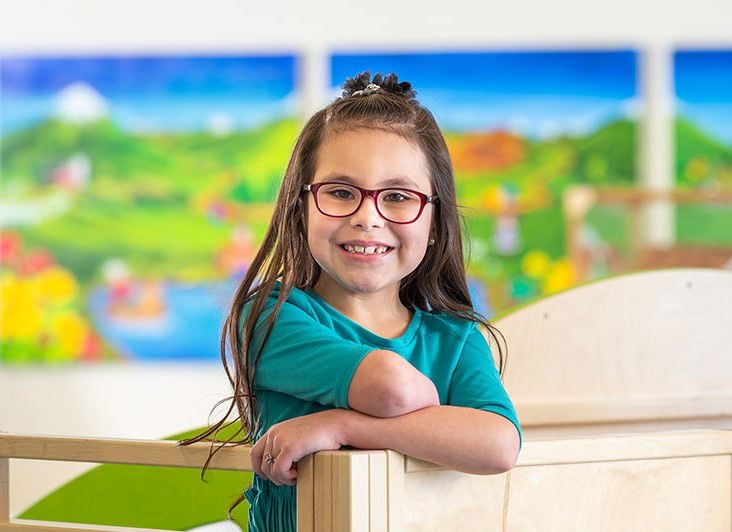
Donate
Your generosity fuels health, hope and healing for kids like Dalilah
Together, we are catalysts for change, partnering to create a brighter future for every child who needs us. From the world-class care we provide to the groundbreaking discoveries we make, none of our work would be possible without your support

Compassionate care, wherever you are
We’re here when you need us. Telehealth appointments are available across every specialty, so you can get the high-quality care we’ve always offered from the comfort, privacy and convenience of home.
See if telehealth is right for you
Get to know our pediatric experts.
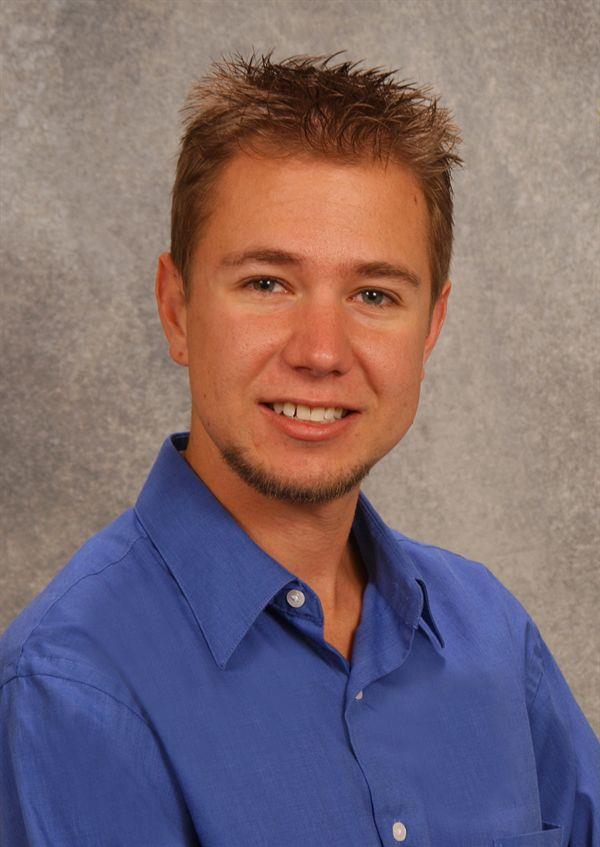
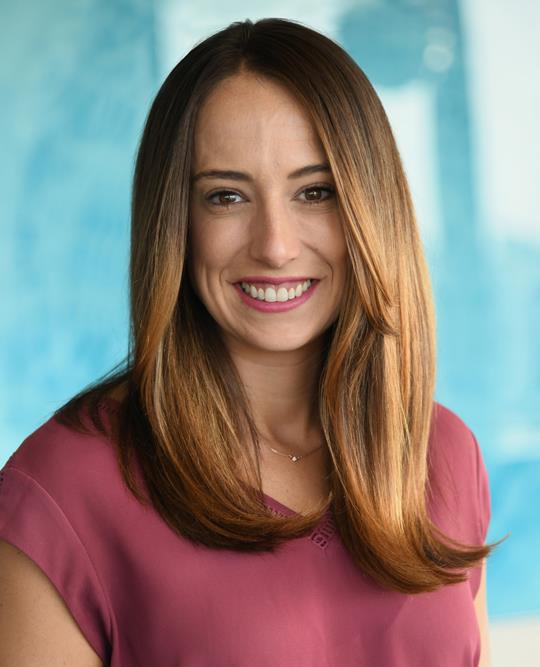
Jenna Demedis, MD
Hematology/Oncology - Pediatric, Pediatrics
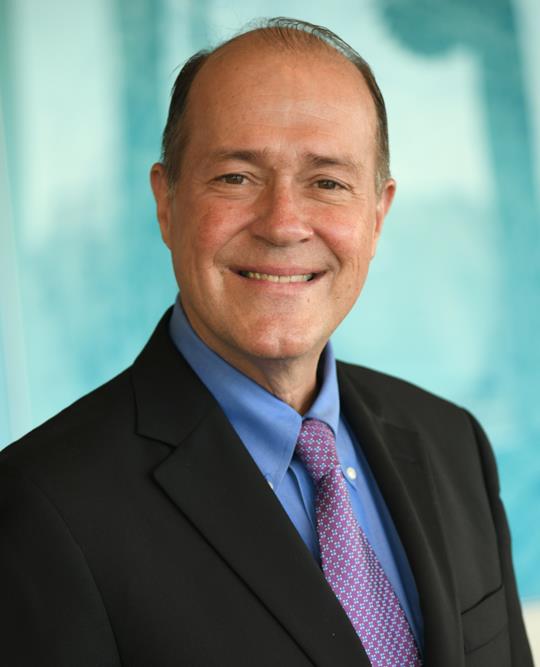
Brian Greffe, MD
Hospice & Palliative Medicine, Hematology/Oncology - Pediatric
Patient ratings and reviews are not available Why?
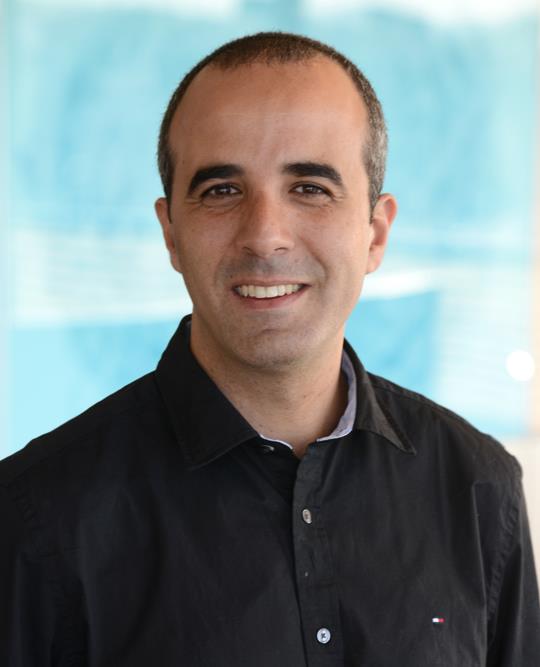
Hesham Eissa, MD
Hematology/Oncology - Pediatric, Pediatrics
Patient ratings and reviews are not available Why?



